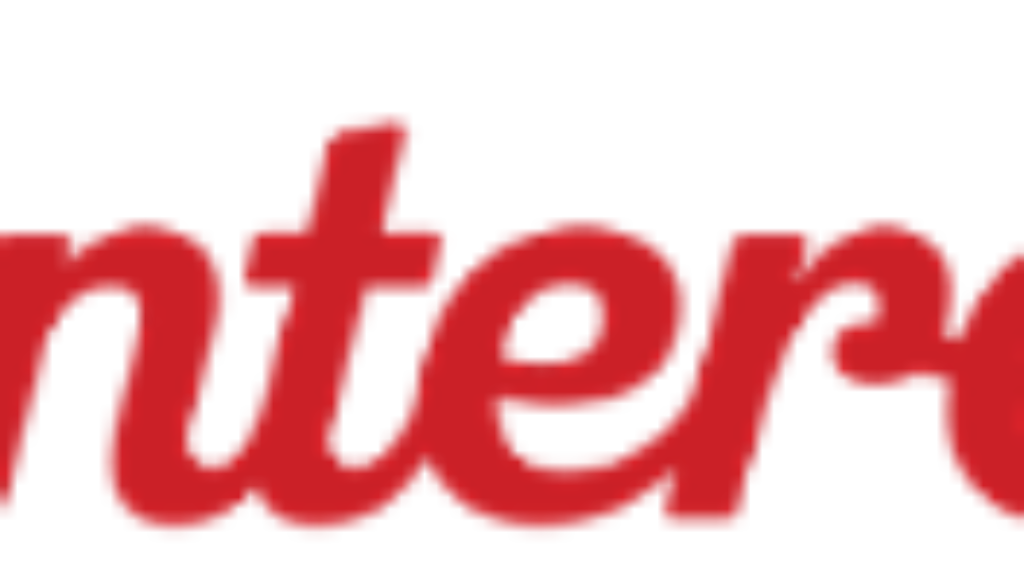What Do Pinterest’s Updated Terms of Service Mean for Business Users?
By now you are probably aware that Pinterest has updated its Terms of Service and Privacy Policy as of March 23, 2012. The changes will be effective April 6, 2012. The site has been sending emails to users informing them of the update and has posted the email regarding the changes to its blog as well.
Before diving into the changes, I want to note that Pinterest has joined what is apparently becoming a trend in the approach to updating the Terms. It has, like Facebook and Google before it, made sure its users have notice of the changes (via email and/or notifications in several places within the site) and an opportunity to decide whether or not they should continue using the site in light of the changes. For over a decade, it has been standard practice for sites reserve the right to make changes without notice, or with only a very small notice at the bottom of the page near the link to the Terms, and bind users to the updated terms merely by visiting the site, whether or not they have viewed the updated terms. As more and more sites make it their standard practice to notify users and give them time to decide whether to accept an updated policy, the courts may change their approach to this topic. It is worth keeping an eye on and considering in choosing how to notify users of policy updates.
Now, moving on to the meat of the changes.
One of the major changes for business users is that it is now one hundred percent clear that Pinterest makes its users responsible for any violation of copyright caused by their re-pins. The Terms specifically state that “It is important that you understand that you are in the best position to know if the materials you post are legally allowed. We therefore ask that you please be careful when deciding whether to make User Content available on our Service, including whether you can pin or re-pin User Content on your boards” (emphasis added). The disclaimer section also provides that “you agree that we are only acting as a passive conduit for your AND OTHER USERS’ online distribution and publication of your AND THEIR User Content.” In other words, a user cannot simply rely on an assumption that other users have legitimately pinned any content to Pinterest; they need to verify that content is legitimately on the site before re-pinning. (For tips on how to get your business’s content onto Pinterest and assure users that you want them pinning and re-pinning your content, check out my post “Do You Like Free Advertising? Or, How to Make Pinterest Work for Your Business.”)
Pinterest is also making a nod to copyright fair use in its modified Terms; users are now granted a license “to use the Service, including accessing and viewing Pinterest Content, for your personal, noncommercial use to allow you to express yourself, discuss public issues, report on issues of public concern, engage in parody and as expressly permitted by the features of the Service.” Pinterest has likely added this to its Terms to bolster its claims that it is not encouraging its users to violate copyright law; it is only providing a forum for them to make fair use of others’ images. Pinterest does not want to be the next Napster. Business will want to bear in mind how fair use is different from other uses when pinning or re-pinning content.
Unfortunately, the updated Terms have some problems. For example, the license granted by the new Terms is limited to “personal, non-commercial use” in Section 2(b); but in Section 4(b), business users are granted the right to create an account so long as the individual creating the account has the authority to create it and bind the business to the Terms of Service. It is not clear whether pinning a business’s own content along with some commentary or an invitation to interact, one of the more logical ways for businesses to use the site, could be considered “commercial.” The original Terms of Service had similar terms about non-commercial use, though, and web searches did not turn up any Pinterest actions against business users.
Pinterest has also added a binding arbitration clause at Section 11, along with a limitation on class-action law suits. Whether a company is comfortable submitting to binding arbitration by using the site is largely a business decision but should definitely be brought to the attention of the company’s lawyer.
Also potentially problematic from the standpoint of the business user is that the Terms, including all rights and licenses assigned by them, cannot be transferred by users. One of those rights is the right to have and use an account. At least for the moment, there is only one account type, and an account opened by any individual on behalf of a company appears to be owned jointly by the company and the individual so far as Pinterest’s Terms are concerned. Businesses will want to make sure that their employment policies or agreements are clear on the subject of who owns social media accounts (although this is a best practice in general).
What do you think? Will your business begin or continue using Pinterest in light of these changes?


